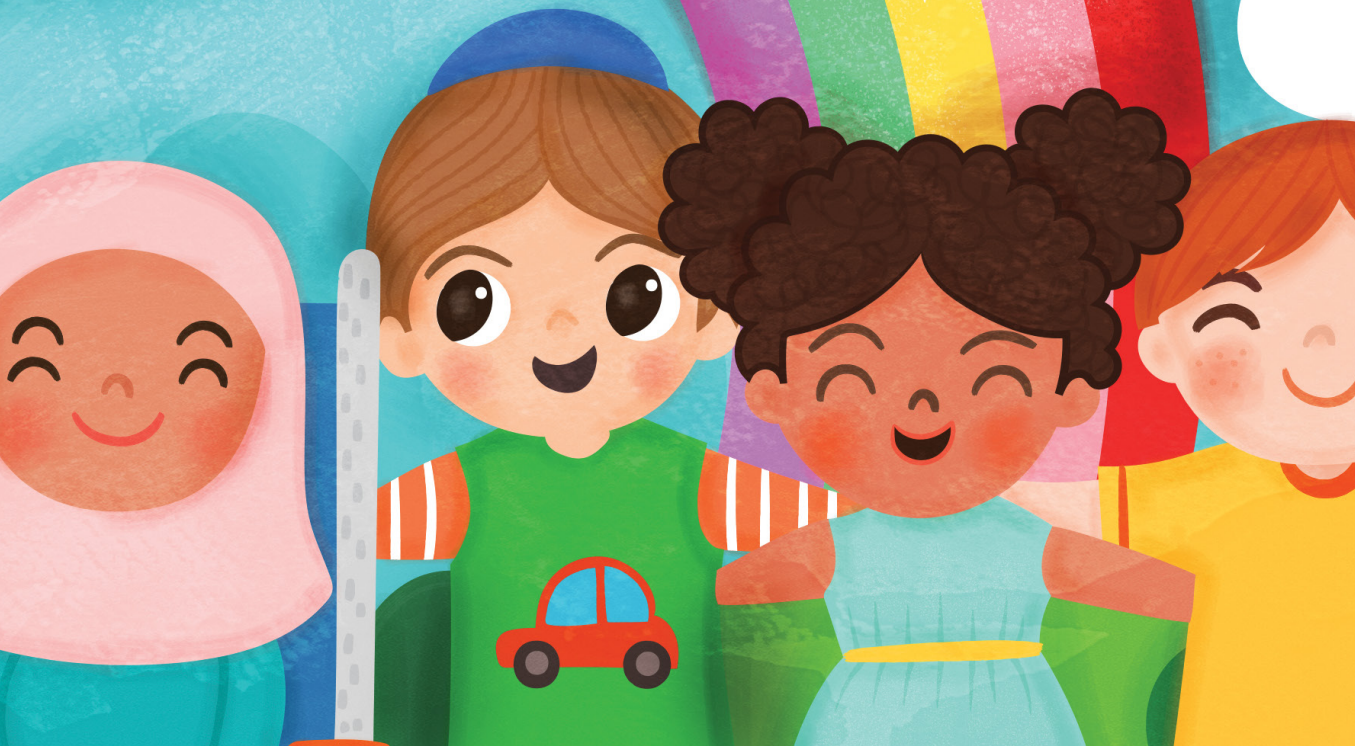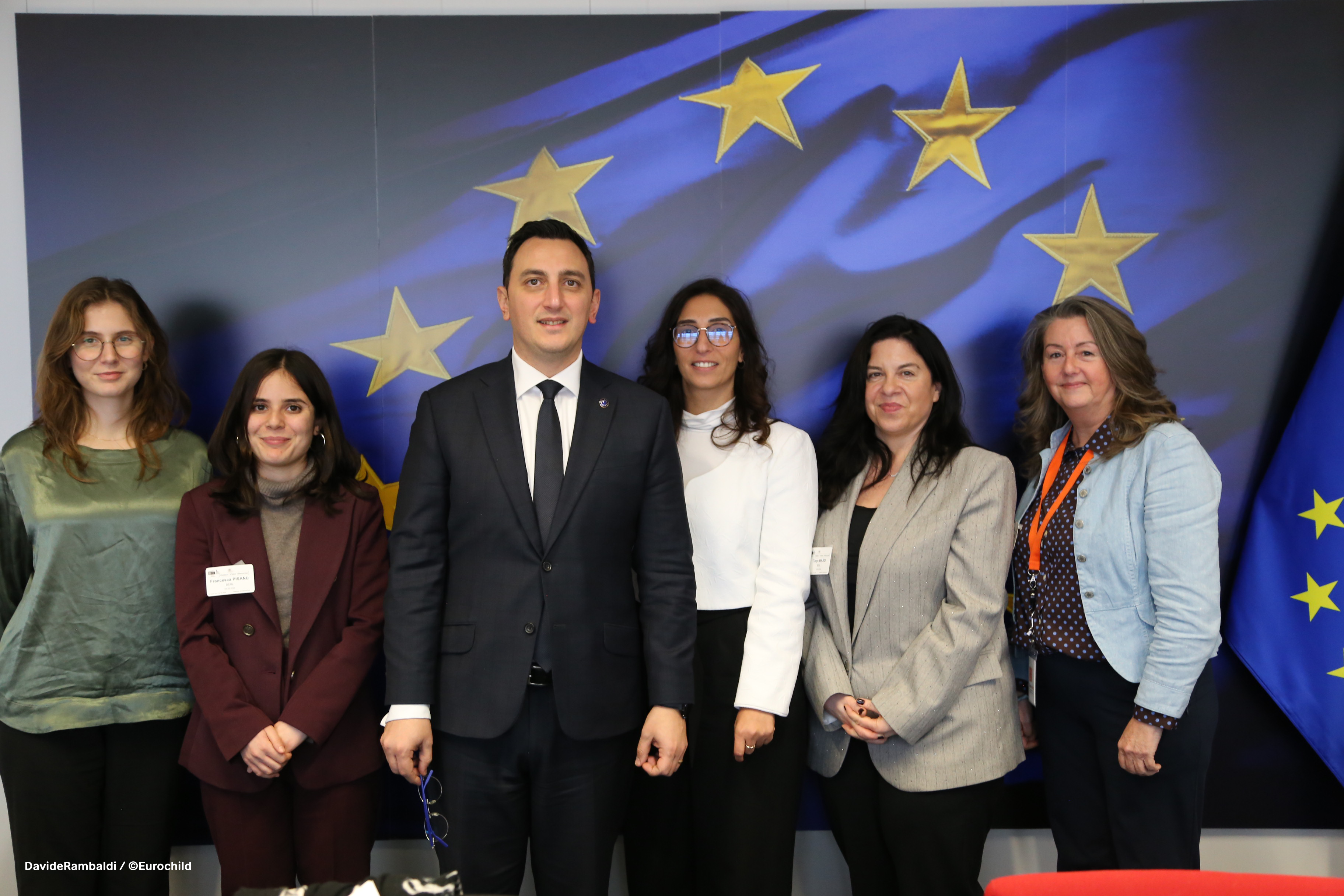Unlocking EU funds for children: Lessons from Bulgaria and beyond
Eurochild launches new resources to help civil society advocate for national and EU reforms, ensuring funds reach the children most in need, featuring a practical toolkit, new evidence from Bulgaria, and a call to fix broken rules.
Civil society organisations (CSOs) working with and for children are closest to the families who need support, yet too often they’re last in line when EU resources are allocated. That’s why Eurochild, together with Bulgarian partners and members, has published new tools to make EU funds more accessible, more transparent, and more impactful for children in adversity and their families. This is our contribution to making EU funds deliver for children.
The context
This month, we urged the Bulgarian government to remove barriers preventing EU funds from reaching those most in need, calling for fairer rules, advance payments, and equal treatment for all beneficiaries.
At the EU level, the negotiations for the next 2028–2034 Multiannual Financial Framework have begun. Eurochild and 50+ allies are worried that people-centred spending gets diluted without clear safeguards in the European Commission proposal. In our position, we call on EU institutions to secure social funding through binding minimum shares or a dedicated social window, and to strengthen local and civil society partnerships with transparent monitoring. Children cannot wait for better procedures.
To make the next EU budget truly inclusive, its rules must work for the organisations closest to children’s lives:
- Keep people at the centre of the EU budget with enforceable social safeguards (e.g., minimum shares for social inclusion and the Child Guarantee) or a dedicated social window.
- Embed partnership: Give CSOs predictable roles from programming to evaluation, backed by indicators published by Managing Authorities.
- Lower the barriers: Realistic co-financing, responsive helpdesks, and cascading funding grants to widen participation.
Our recommendations to unblock CSOs
- recognise work of civil society organisations (CSOs) as equivalent to the service provision carried out by public authorities;
- harmonise practice across programmes;
- reinstate at least 20% advances and re-allow promissory notes;
- monitor access to ensure equal treatment of CSOs and public bodies.
None of this stems from EU legislation, rather the opposite, it calls for clear national decisions and guidance.
Our ready-to-use resources
- Our EU funding toolkit is a hands-on guide for child-focused CSOs to identify, apply for, and manage grants from flagship programmes like Erasmus+, ESF+, CERV and Horizon Europe. While it draws on Bulgaria’s context, the guidance is relevant for other CSOs across the EU.
- Our report on barriers that currently shut out many Bulgarian CSOs from EU-funded programmes.
- Our report on Good practices from EU-funded partnerships between public authorities and civil society
Now let’s open the door wider, so the organisations closest to children can lead the way.





